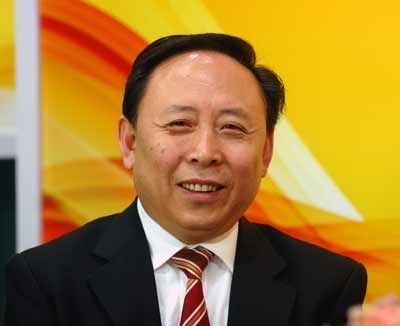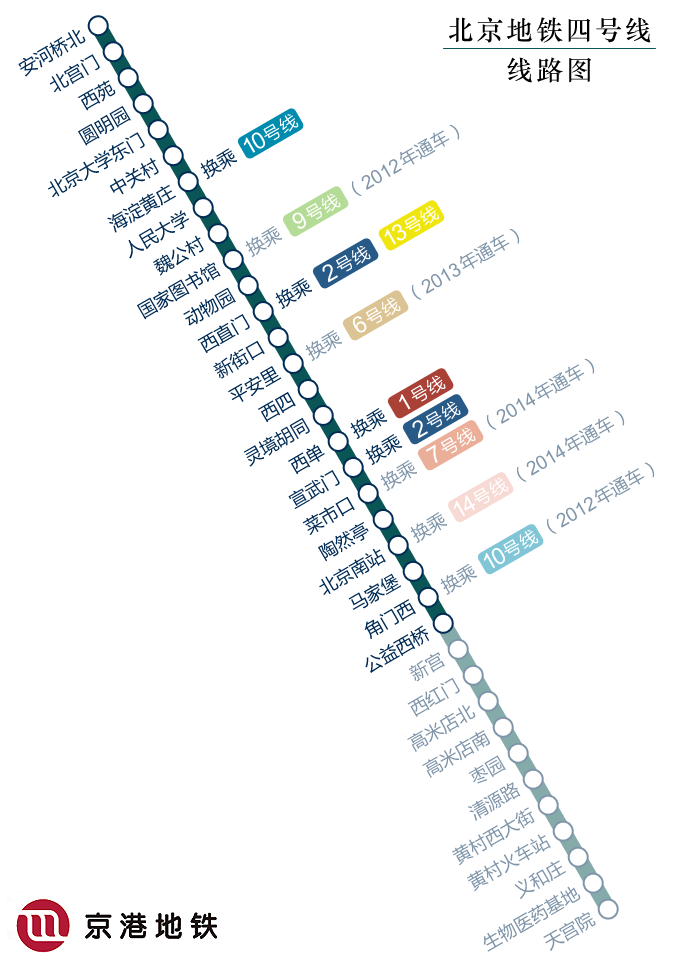Society
- Details
- By David Cao
- Hits: 1106
China's government-backed Catholic church ordained a bishop who did not have the pope's approval Saturday, despite objections from the Vatican and comments by a key papal adviser that the move was ``illegitimate'' and ``shameful.''
Rev. Guo Jincai's ordination at Pingquan Church in Chengde city was carried out amid a strong security presence, with dozens of police blocking the building and denying entrance to reporters. But there was also an air of festivity, with colorful banners and traditional Chinese lanterns hanging outside the church and worshippers posing for photos.
It was not immediately clear if bishops loyal to the pope had been forced by government officials to attend the ordination, as the Vatican had feared.
- Details
- By NIALL FERGUSON
- Hits: 993
"We are the masters now." I wonder if President Barack Obama saw those words in the thought bubble over the head of his Chinese counterpart, Hu Jintao, at the G20 summit in Seoul last week. If the president was hoping for change he could believe in—in China's currency policy, that is—all he got was small change. Maybe Treasury Secretary Timothy Geithner also heard "We are the masters now" as the Chinese shot down his proposal for capping imbalances in global current accounts. Federal Reserve Chairman Ben Bernanke got the same treatment when he announced a new round of "quantitative easing" to try to jump start the U.S. economy, a move described by one leading Chinese commentator as "uncontrolled" and "irresponsible."
"We are the masters now." That was certainly the refrain that I kept hearing in my head when I was in China two weeks ago. It wasn't so much the glitzy, Olympic-quality party I attended in the Tai Miao Temple, next to the Forbidden City, that made this impression. The displays of bell ringing, martial arts and all-girl drumming are the kind of thing that Western visitors expect. It was the understated but unmistakable self-confidence of the economists I met that told me something had changed in relations between China and the West.
- Details
- By David Cao
- Hits: 1005
Anthropologists are looking into the possibility that some European-looking Chinese in Northwest China are the descendants of a lost army from the Roman Empire.
Experts at the newly established Italian Studies Center at Lanzhou University in Gansu province will conduct excavations on a section of the Silk Road, a 7,000-kilometer trade route that linked Asia and Europe more than 2,000 years ago, to see if a legion of Roman soldiers settled in China, said Yuan Honggeng, head of the center.
"We hope to prove the legend by digging and discovering more evidence of China's early contact with the Roman Empire," said Yuan.
Before Marco Polo's travels to China in the 13th century, the only known contact between the two empires was a visit by Roman diplomats in 166 AD.
- Details
- By David Cao
- Hits: 1125

The former chief of China's civilian and military nuclear programs was sentence to life in prison on Friday for accepting at least $1 million in bribes, state media said.
Kang Rixin, 57, also lost his political rights for life and had his personal assets confiscated, China Daily said.
The former head of the China National Nuclear Corporation received a lighter sentence because he cooperated with investigators and returned his ill-gotten gains, China Daily said.
He accepted bribes totaling 6.6 million yuan ($995,000) between 2004 and 2009.
- Details
- By David Cao
- Hits: 612

China's longest subway, stretching 50 kilometers running southwest to northwest of Beijing, will begin its trial run by the end of 2010, sources with the subway company said Wednesday.
The new Line 4 will be extended 22.5 kilometers further south from the current Line 4 that ends at the South Fourth Ring Road and eleven passenger stations will be added.
The construction of the extension line has already been completed and engineers will conduct an important operational test next Monday, said officials with the Beijing MTR Corporation Limited.
Read more: Society China's longest subway to open in Beijing
More Articles …
Page 126 of 255